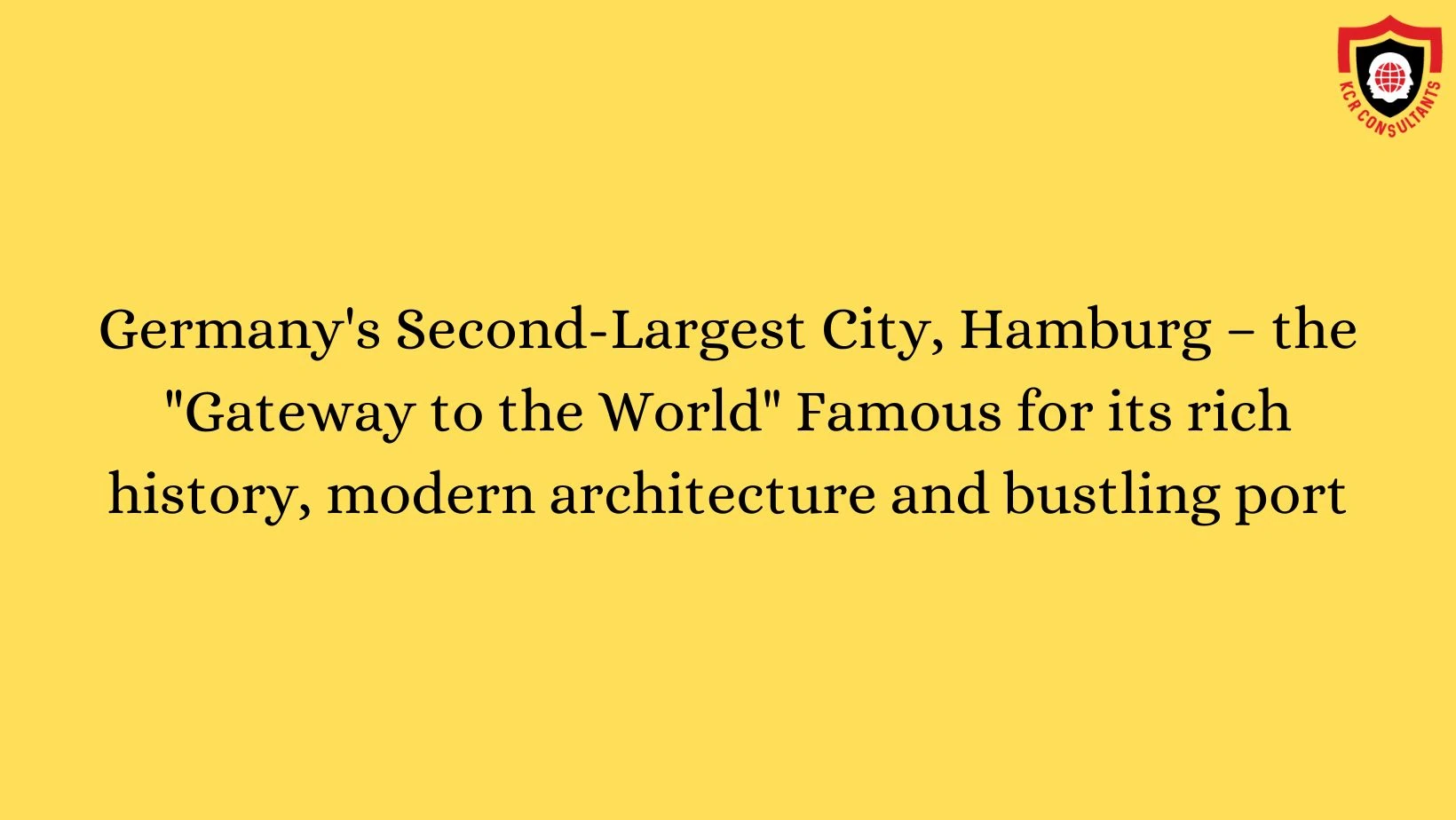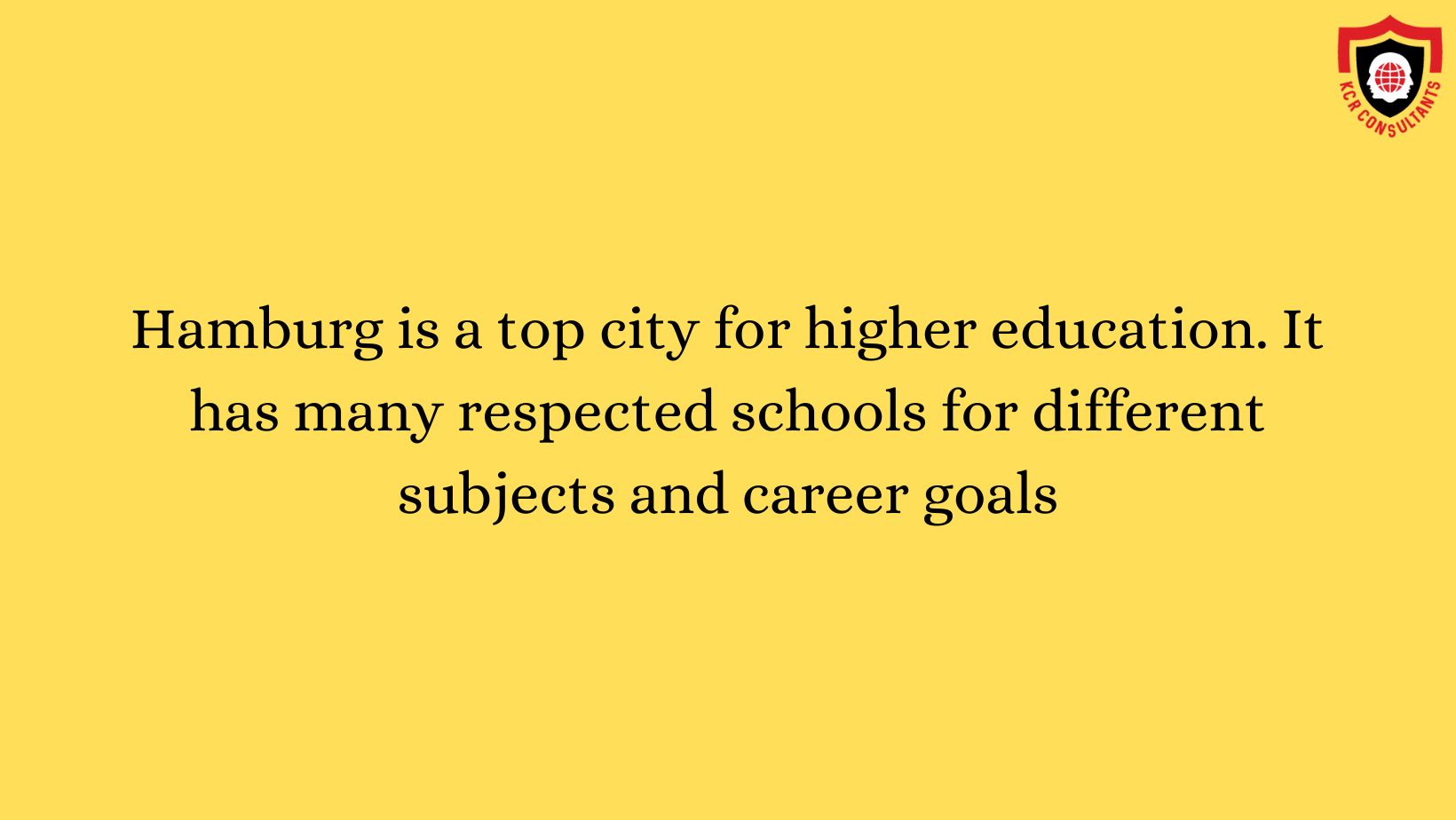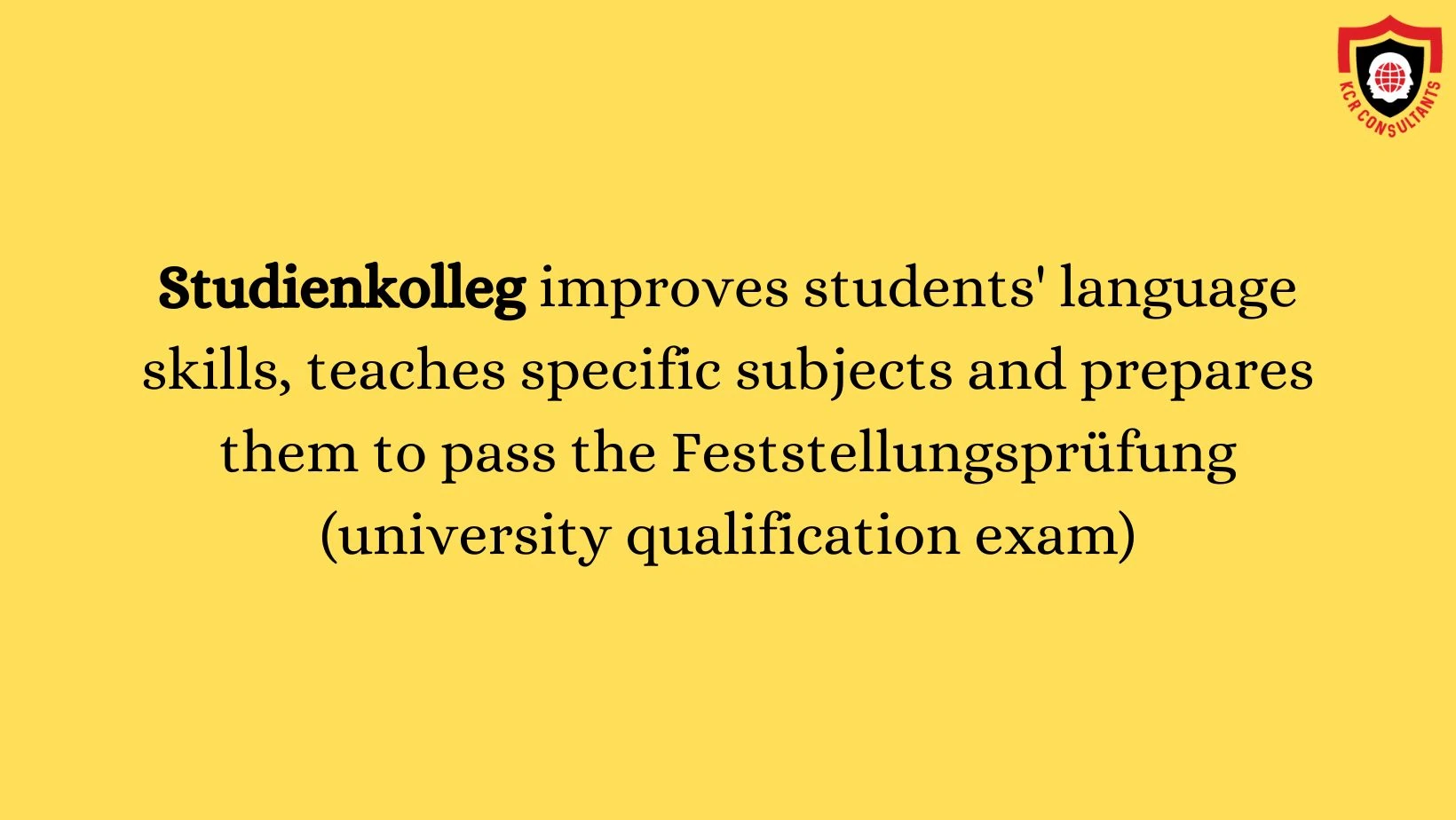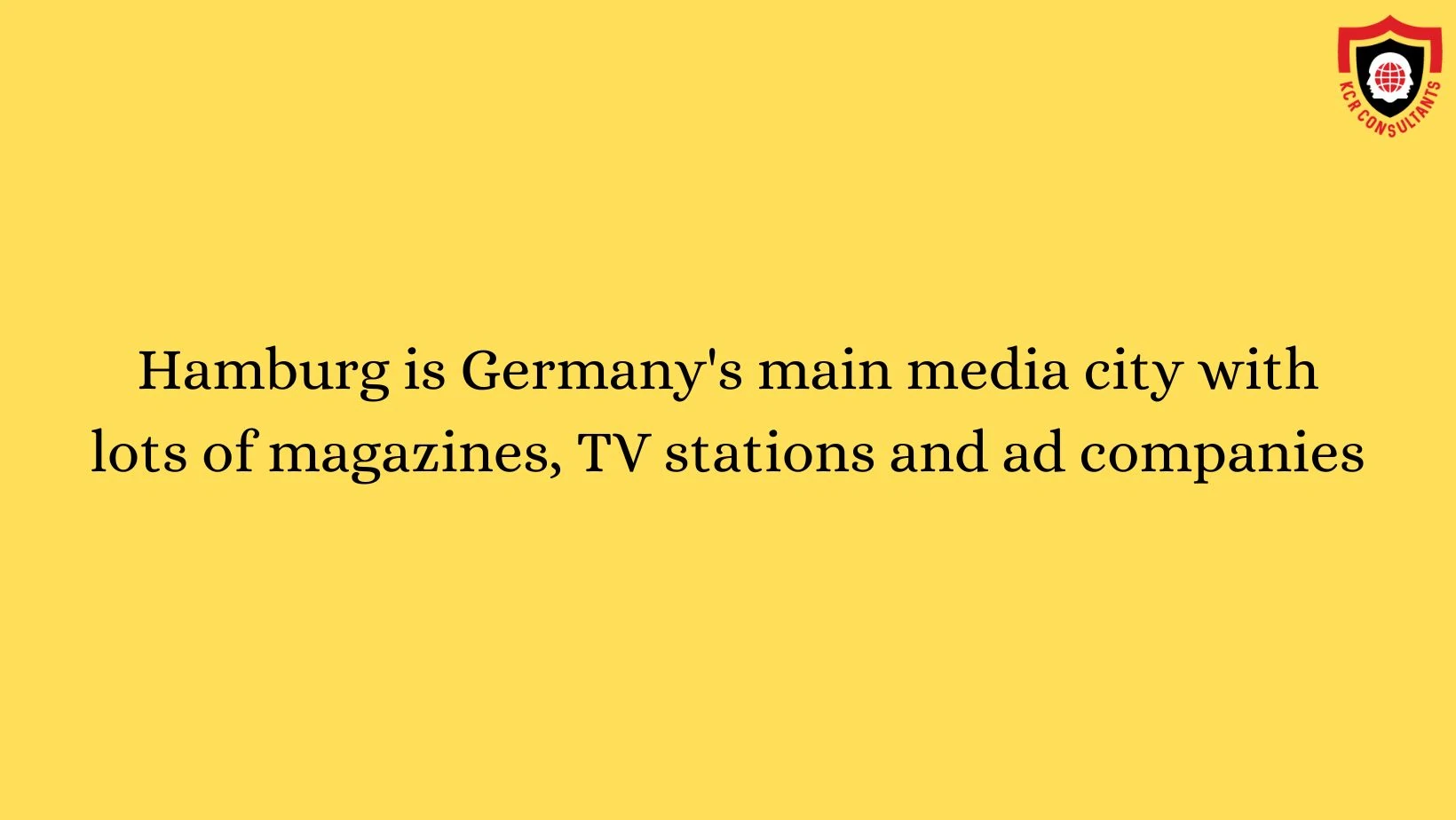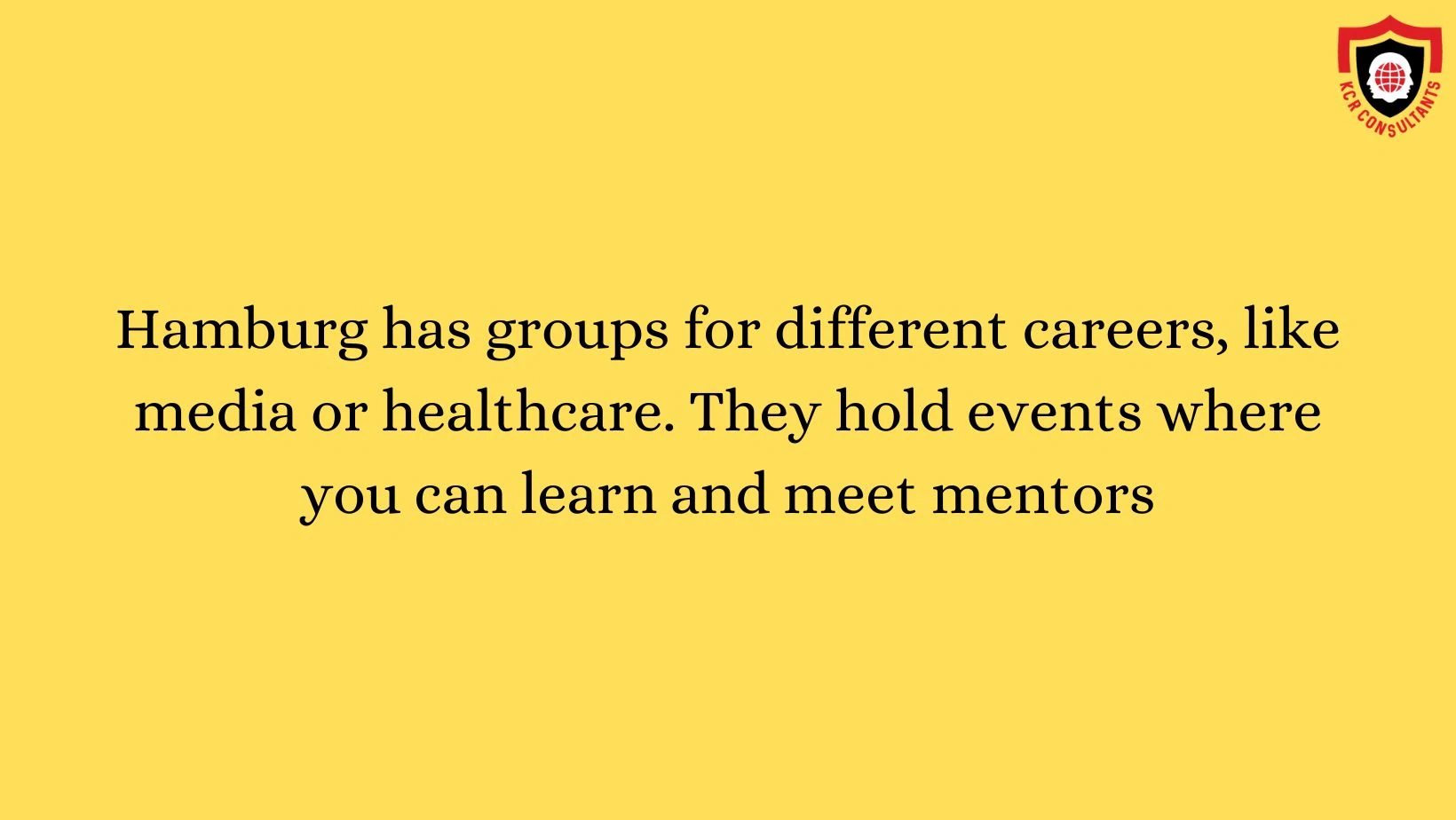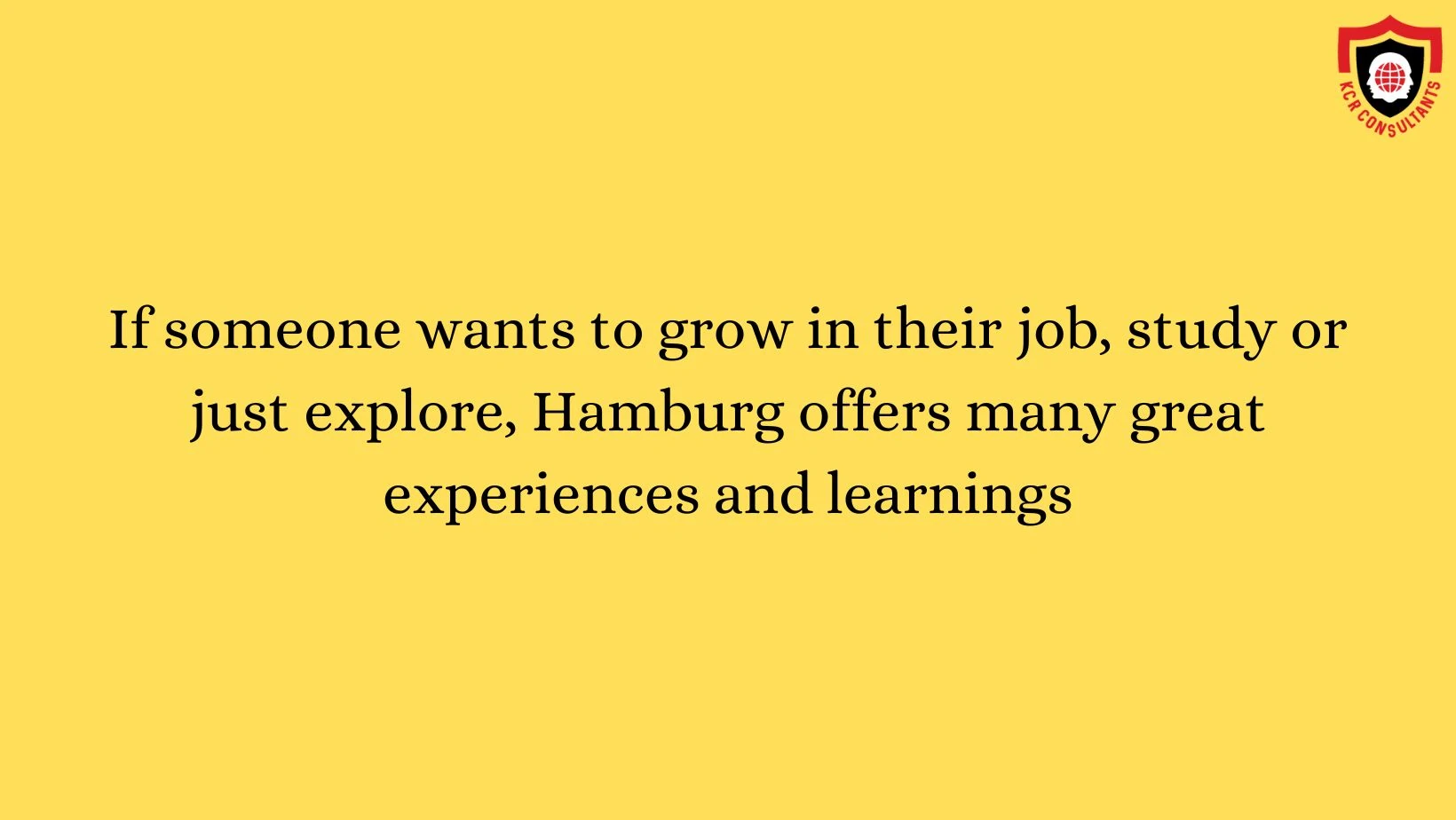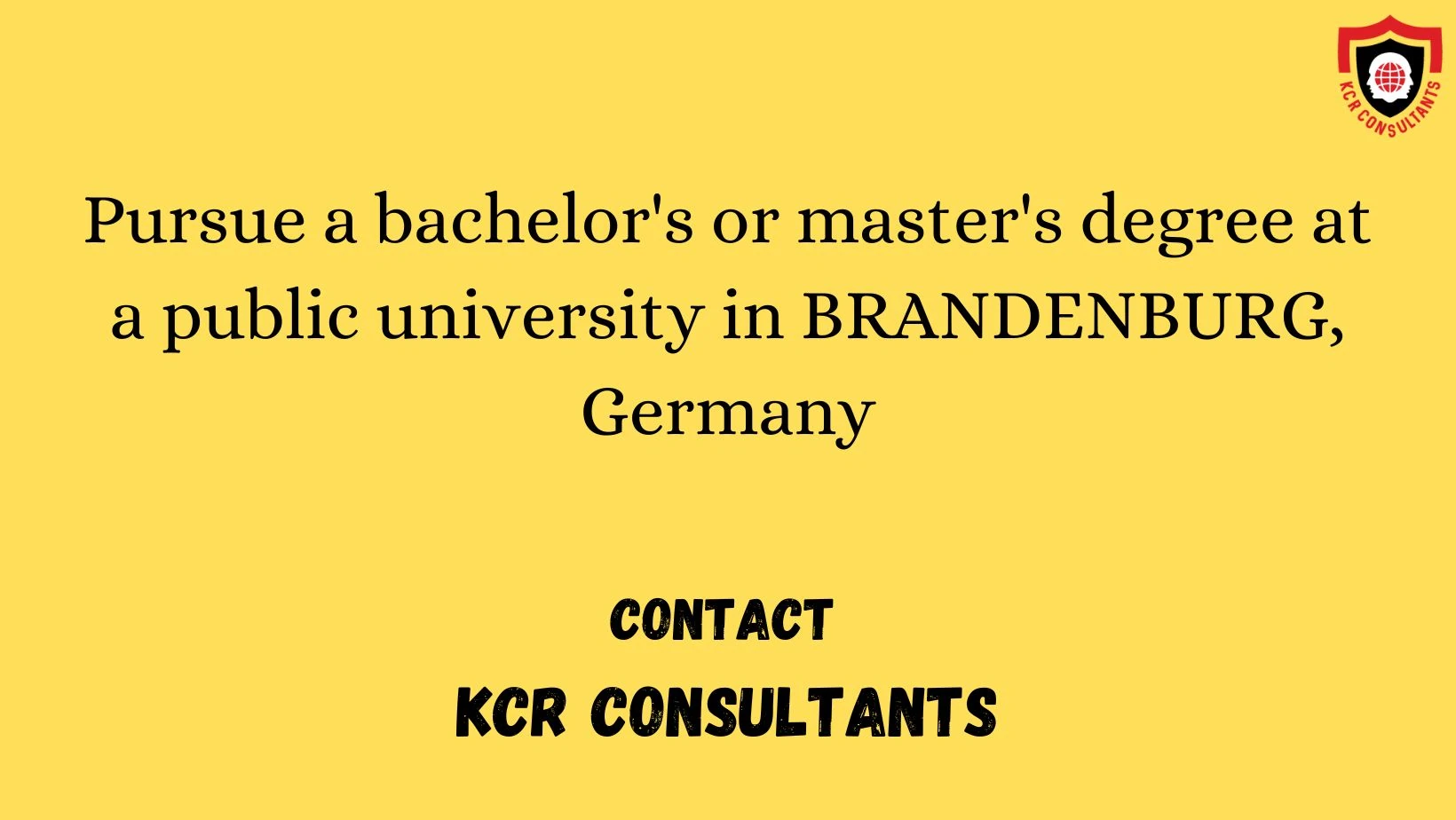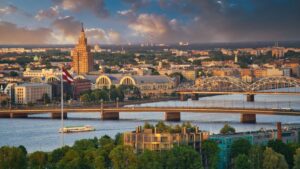Hamburg, often referred to as the ‘Gateway to the World’, is Germany’s second-largest city and a dynamic port metropolis known for its maritime charm, rich history and modern architectural marvels.
Tucked in the northern part of Germany, this thriving city offers a harmonious blend of historic landmarks and avant-garde structures, all set against the backdrop of the mighty Elbe River.
This Article will take you to profound insights about Hamburg.
Introduction to Germany’s Gateway to the World
Officially recognized as the Free and Hanseatic City of Hamburg, it’s only overshadowed in size by Berlin within Germany’s borders.
It ranks as the eighth-largest city overall and the largest non-capital city in the European Union, boasting a population of 1.9 million individuals.
The urban area of Hamburg encompasses around 2.5 million inhabitants and is a constituent part of the Hamburg Metropolitan Region, which has a total population exceeding 5.1 million individuals.
By diving in further, you will capture the essence of this notable city and its imprints on Europe’s rich fabric.
Happy reading!
A DETAILED GLIMPSE INTO HAMBURG’S HISTORY
Early Beginnings:
- Roman Era: The first mentions of Hamburg trace back to the Roman era. While it wasn’t a major Roman outpost, early settlements began around this time.
Middle Ages:
- Hanseatic League: In the Middle Ages, Hamburg’s strategic location along the Elbe River led to its development as a major trading hub. By the late 12th century, it joined the Hanseatic League, a powerful alliance of merchant guilds. This membership significantly boosted its trade relationships across Northern Europe.
- Reformation: In the early 16th century, Hamburg embraced the Protestant Reformation, leading to religious and social changes.
Modern Era:
- Great Fire of 1842: This tragic event destroyed a significant portion of the old city, but it also paved the way for urban redevelopment, shaping much of the city’s modern landscape.
- World Wars: During WWI, Hamburg, being a vital port, played a pivotal role, but it faced major blockades. WWII was particularly devastating. As a significant industrial hub, it was heavily bombed, resulting in extensive damage and loss of life.
Post-War Period:
- Reconstruction: Post-WWII, Hamburg faced colossal rebuilding. The ruined city was not just structurally restored but was modernized, paving the way for the cosmopolitan hub it is today.
- Economic Growth: In the latter half of the 20th century, Hamburg strengthened its position as a global port and expanded into other sectors like media, aviation and renewable energy.
21st Century:
- Cultural Renaissance: Modern Hamburg has experienced a cultural renaissance, with landmarks like the Elbphilharmonie exemplifying its commitment to arts and innovation.
Today, while Hamburg’s port remains its heart, the city is much more than just a trading hub. It’s a blend of history and modernity, continually evolving while honoring its rich past.
A PORT CITY WITH A RICH LEGACY
Hamburg’s identity and lifeblood pulsate through its renowned port. This port isn’t just any harbor; it stands as the third-largest in Europe, a witness to the city’s immense maritime significance.
Originating from the Middle Ages, a time when sea routes were burgeoning with activity and trade, the Port of Hamburg swiftly became the nexus of commerce, connecting Germany to the world.
It played a pivotal role in connecting Germany’s hinterlands to distant shores, weaving intricate networks of trade, culture and diplomacy.
However, to truly understand the depth of Hamburg’s maritime legacy, one must venture to the Speicherstadt. Translated as the ‘City of Warehouses’, this area is not just a district but a living museum.
Its majestic red-brick Gothic facades, reminiscent of an era gone by, tell tales of affluence, commerce and architectural prowess. The winding canals that crisscross the Speicherstadt once facilitated the seamless transport of goods, epitomizing the efficiency and innovation of the time.
Today, they stand as silent observers, narrating tales of a time when sails, spices and silks dominated global exchanges.
Through Speicherstadt and its port, Hamburg invites one to a deeper understanding of its illustrious maritime past.
ARCHITECTURAL MARVELS OF HAMBURG
One cannot discuss Hamburg without mentioning the Elbphilharmonie, an architectural masterpiece.
Towering above the Elbe, this modern concert hall beautifully juxtaposes with the historic Speicherstadt district, offering a panoramic view of the city.
Not far away is the HafenCity, Europe’s most extensive inner-city development project, which fuses urban design with sustainability.
HAMBURG’S HIGHER EDUCATION LANDSCAPE
When it comes to higher education, Hamburg is in a league of its own. The city-state is home to several prestigious institutions that cater to a range of academic interests and professional aspirations.
Diverse Range of Disciplines
The city’s higher education landscape is as diverse as its cultural tapestry.
Prospective students can choose from a wide array of disciplines, ranging from the arts and humanities to the sciences, engineering and business.
This multifaceted academic offering ensures that every student finds a field that resonates with their passion and career aspirations.
Cultural and Extracurricular Engagement
Beyond academics, universities in Hamburg offer a plethora of cultural and extracurricular activities.
From music societies and theater groups to sports teams and debate clubs, there’s a vibrant campus life awaiting students.
Infrastructure and Facilities
The infrastructural facilities are top-tier. Expansive libraries stocked with global literature, advanced laboratories equipped with the latest technologies and interactive seminar rooms make the learning experience enriching.
Student Support and Services
Understanding the diverse needs of their student body, the universities have put in place robust support systems. Counseling services, career guidance cells, language support and more ensure that every student feels integrated and supported throughout their academic journey.
International Students in Hamburg
Hamburg’s institutions attract a significant number of international students each year. The cosmopolitan nature of the city, coupled with world-class education, makes it a preferred destination.
Universities offer numerous English-taught programs, ensuring accessibility for non-German speakers.
Additionally, there are dedicated support services orientation programs and integration events to assist international students in their academic journey.
The Integral Role of Studienkolleg
For students from non-EU countries or those whose secondary education doesn’t directly qualify them for university study in Germany, Hamburg offers the crucial bridge course – Studienkolleg.
This preparatory course, often lasting a year, readies international students for the German university environment.
It focuses on language proficiency, subject-specific knowledge and equips students to clear the Feststellungsprüfung (university qualification exam).
One of the renowned Studienkolleg in Hamburg which is,
INSTITUTION- Studienkolleg Hamburg
TYPE- preparatory college
COURSES- T, W, M, G
Research and Innovation
Hamburg’s universities emphasize cutting-edge research. From sustainable energy solutions at the Hamburg University of Technology to maritime law at the University of Hamburg, research endeavors often intertwine with the city’s identity.
Collaborative projects, often with industries, ensure that the research remains relevant and propels both the academic community and the city’s economy forward.
UNIVERSITIES IN HAMBURG
- HSBA Hamburg School of Business Administration
- Brand University of Applied Sciences
- Kühne Logistics University gGmbH
- Bucerius Law School
- Euro-FH European Distance Learning University Hamburg
- MSH Medical School Hamburg – University of Applied Sciences and Medical University
- Hamburg distance learning university
- Nordakademie University of Applied Sciences
- Fresenius University of Applied Sciences
- EBZ Business School GmbH
- IU International University of Applied Sciences – Campus Bad Honnef
- College of Applied Management
- ISM ACADEMY GmbH
- FOM University of Applied Sciences for Economics and Management
- Diploma University of Applied Sciences Bad Sooden-Allendorf
- EBC University
- Protestant University of Applied Sciences – School of Social Work
- ISS International Business School of Service Management
- Hilbert College
- BSP Business & Law School
- PFH Private University of Applied Sciences
- Allensbach Konstanz University
- SRH University Heidelberg
- IST University
- H:G University of Health & Sports, Technology & Arts
- Frankfurt School of Finance & Management
- college 21
- Wedel University of Applied Sciences
- SRH Distance Learning University – The Mobile University
- University of Hamburg
- HAW Hamburg
- Hochschule für bildende Künste Hamburg
- Hochschule für Musik und Theater Hamburg
- Hamburg University of Technology
CAREER OPPORTUNITIES IN HAMBURG
As Hamburg often called as Germany’s “Gateway to the World,” extends this welcoming sentiment to its thriving job market, especially for international students and newcomers.
Its cosmopolitan vibe, coupled with a robust economy, makes it a promising destination for career pursuits.
Hamburg offers many career opportunities in the following sectors,
Maritime and Logistics Sector: Given its status as one of Europe’s largest ports, Hamburg offers many opportunities in shipping, logistics and maritime management. International newcomers with expertise in this domain will find a receptive job market.
Media and Publishing: Hamburg is considered Germany’s media capital, with many national magazines, broadcasting companies and advertising agencies headquartered here. Those with backgrounds in journalism, media studies or communications can tap into this vibrant sector.
Aviation and Aerospace: The city is home to several aerospace companies, providing avenues for engineers, technicians and business development professionals to carve out careers in this high-tech industry.
Information Technology and Start-ups: Hamburg has a burgeoning tech scene. From established IT companies to innovative start-ups, there’s a constant demand for software developers, UX/UI designers and digital marketing professionals.
Renewable Energy: Hamburg is making significant strides in sustainable and renewable energy solutions. Professionals with expertise in green technologies, environmental science or sustainability can find rewarding opportunities in this sector.
Banking and Finance: With numerous banks and financial institutions, there’s a steady demand for financial analysts, investment advisors and related professions.
Healthcare and Life Sciences: Hamburg boasts several research institutions, hospitals and biotech companies, making it a hub for healthcare professionals, researchers and scientists.
Cultural and Creative Industries: For those inclined towards arts and culture, Hamburg has a thriving scene with theaters, galleries, music venues and event management companies offering diverse roles.
Tourism and Hospitality: Being a popular tourist destination, Hamburg offers myriad opportunities in hotels, restaurants, tour operations and event management.
NETWORKING AND INTEGRATION
For international students and newcomers, integrating into the job market can be eased through various networking events, career fairs and expatriate meet-ups.
Joining professional associations related to one’s field can also pave the way for fruitful connections.
Some of the facilities are,
Networking Events: Hamburg hosts many networking events tailored to various industries and professions. These events not only provide a platform to meet potential employers but also offer insights into the latest industry trends and best practices.
Career Fairs: Universities and professional organizations frequently organize career fairs. These fairs present an invaluable opportunity for attendees to interact with multiple employers in a short span, understand what they’re looking for and potentially land interviews or internships.
Expatriate Meet-ups: Given Hamburg’s sizable international community, there are several expatriate meet-ups and groups. These gatherings are perfect for newcomers to connect with fellow expatriates, share experiences and get advice on navigating the German job market.
Professional Associations: No matter the field of expertise, Hamburg boasts a variety of professional associations. From media and marketing to engineering and healthcare, joining such an association can be instrumental. They often organize workshops, seminars and conferences, providing members with opportunities to learn, network and even find mentors.
Online Platforms: In today’s digital age, platforms like LinkedIn have virtual networking events and webinars specific to Hamburg’s job market. Engaging in discussions, joining Hamburg-centric professional groups or even sharing industry insights can increase visibility and open doors to job opportunities.
SUPPORTIVE ECOSYSTEM FOR ENTREPRENEURS
For newcomers with an entrepreneurial spirit, Hamburg provides a supportive ecosystem, including incubators, co-working spaces and networking events.
LIFE IN HAMBURG
The Reeperbahn: Hamburg’s Nightlife Hub
Known worldwide, the Reeperbahn in the St. Pauli district is the heartbeat of Hamburg’s nightlife.
Once a center for rope-making (hence its name), today, it’s brimming with bars, clubs, theaters and music venues.
It’s a must-visit for anyone seeking the pulsating nightlife that Germany promises.
Alster Lake: The City’s Natural Oasis
Split into the Inner and Outer Alster, this lake is where Hamburg breathes and relaxes.
Whether sailing, paddling or just enjoying a lakeside stroll, the Alster provides a serene escape from urban hustle.
Cultural Exuberance
Hamburg isn’t just about historic buildings or modern architecture; it’s a cultural hub.
With more than 60 theaters, 100 music venues and over 60 museums, art and culture lovers will never run out of options.
The Kunsthalle Hamburg, for instance, showcases seven centuries of art history.
Culinary Delights
Hamburg offers a culinary journey like no other. From traditional German dishes and seafood delicacies to global cuisines, there’s a gastronomic delight awaiting around every corner.
Fischbrötchen, a fish sandwich, is a must-try local treat.
Green Spaces and Parks
Contrary to its urban image, Hamburg boasts numerous parks and green spaces.
Planten un Blomen, a sprawling park in the city center, offers themed gardens and a spectacular water-light concert.
Annual Events and Festivals
Hamburg shines throughout the year with events such as the Port Anniversary, Reeperbahn Festival and Hamburg DOM.
These events showcase the city’s rich traditions, contemporary culture and dynamic spirit.
Shopping in Hamburg
From luxury brands on Jungfernstieg to quirky finds in the Schanzenviertel district, Hamburg caters to every shopping enthusiast.
The historic Moenckebergstrasse is a shopper’s paradise with numerous boutiques and department stores.
Accessibility and Connectivity
Hamburg’s well-developed transport network, including its airport, U-Bahn (subway) and S-Bahn (urban train), ensures seamless connectivity to Germany and the world.
CONCLUSION
Hamburg is a brilliant patchwork of maritime legacy, economic prowess and academic excellence.
As the “Gateway to the World,” this city-state exemplifies how deep-rooted history can harmoniously coexist with modern dynamism.
From its bustling port and historic Speicherstadt to its cutting-edge research institutions and vibrant cultural scene, Hamburg beckons residents, students and visitors alike to experience its multifaceted charm.
Whether the person seeks professional growth, academic enrichment or simply the joy of discovery, Hamburg promises a journey rich in experiences and insights.
It’s not just a state; it’s a witness to Germany’s enduring spirit of innovation and tradition.
Related Article: FREE EDUCATION IN GERMANY, AUSBILDUNG, AUSBILDUNG IN GERMANY

